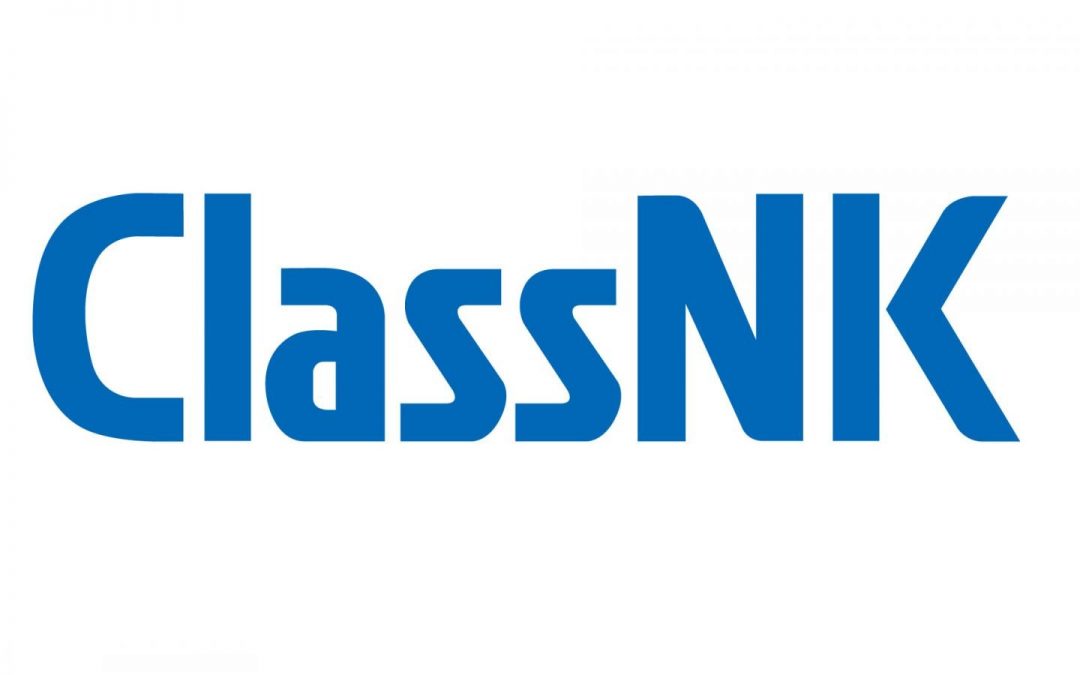
ClassNK issues approval in principle (AiP) for Advanced Maneuvering Assistant System
TOKYO : ClassNK has issued an Approval in Principle (AiP) for the “Advanced Maneuvering Assistant System”, the core technology for the autonomous navigation system, developed by Kawasaki Kisen Kaisha, Ltd., Kawasaki Kinkai Kisen Kaisha, Ltd., Japan Radio Co., Ltd. and YDK Technologies Co., Ltd.
The Advanced Maneuvering Assistant System automatically generates some routes for avoiding a collision with other ships on a monitored route when a collision with another ship due to OZT*1 is predicted and assists the operator in avoiding the collision. The system will consider COLREGs*2 and suggest up to two avoidance routes that will allow the ship to return to its original course line within 1 hour. In addition, track control is performed for the selected avoidance route by linking the system with Auto Pilot and ECDIS*3.
The system has been adopted in the sea demonstration test of autonomous navigation system consisting of single function on board ship conducted with the large RORO cargo ship “HOKUREN MARU No. 2” in the Joint Technological Development Program for the Demonstration test of Fully Autonomous Ships, under the MEGURI 2040 Fully Autonomous Ship Project administrated by the Nippon Foundation.
ClassNK carried out a review of a conceptual design of the system based on its “Guidelines for Automated/Autonomous Operation on ships”. Upon confirming it complies with the prescribed requirements, ClassNK issued the AiP.
ClassNK is committed to participating in various projects, establishing standards, and providing information to support the development and implementation of automated/autonomous operation technologies from a safety perspective.
*1 Obstacle Zone by Target
*2 International Regulations for Preventing Collisions at Sea
*3 Electronic Chart Display and Information System
Approval in Principle (AiP):
At the initial stage of designing or before the specific target ship to be implemented is decided, the design is examined based on the existing regulations such as international conventions and ship classification rules, and an Approval in Principle (AiP) is issued as proof of conformity with requirements. It also prevents rework of regulatory aspects in the post-process, shortens the examination time at the time of class registration, and can be used as a technical basis for external appeal of the design status.

